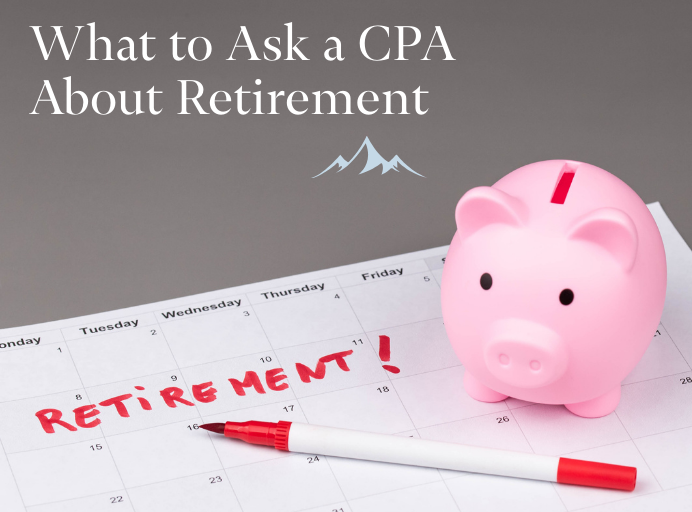
When you retire, your health benefits usually change because employer coverage may end, but other options, such as Medicare, retiree health plans, or private insurance, may be available. The choices you have can depend on your age, employer policies, and eligibility for government programs.
Health care is an important part of retirement planning, and many people wonder what happens to their benefits when they stop working. The transition may feel uncertain, but there are usually several paths available.
Below, we’ll look at the main options and how retirement can shift your health coverage.
Health Coverage Options After Retirement
Health benefits after retirement may come from a combination of government programs, employer offerings, or private plans. Medicare may become the primary option for people once they reach age 65, but other coverage may also play a role.
For those who retire before Medicare eligibility, private insurance or marketplace coverage may help bridge the gap. Medicaid may also be available depending on income and state rules1.
Here are some of the health coverage options retirees may consider:
- Medicare starting at age 65, covering hospital, medical, and drug costs2
- Employer retiree health plans if available
- Private health insurance purchased individually
- Marketplace coverage through the Affordable Care Act for early retirees
- Medicaid for those who meet income and eligibility requirements
Comparing Retirement Health Benefit Choices
The type of health coverage you choose during retirement may affect costs, coverage, and access to care. Each option comes with trade-offs, and it’s important to understand how they fit into your retirement years.
For example, Medicare provides broad national coverage but requires choosing among different parts and supplemental plans2. Employer retiree coverage may extend some workplace benefits, while private or marketplace insurance can provide flexibility before Medicare starts. Medicaid may serve as an option for those with limited income1.
Here’s a simple comparison:
| Coverage Type | Potential Benefits | Things to Consider |
| Medicare | Widely available at 65, multiple options | May involve premiums, deductibles, or gaps2 |
| Employer Retiree Plan | Can extend workplace coverage | Availability depends on the employer |
| Private Insurance | Flexible plan choices | Can be more expensive |
| Marketplace Coverage | May include subsidies | Primarily for early retirees |
| Medicaid | Available for low-income individuals | Eligibility varies by state1 |
Understanding these choices may help you plan for both the financial and personal aspects of retirement health care.
Contact Vantage Point today to learn more about how health benefits fit into your retirement planning and how we can help you live retirement boldly and on your terms.
FAQs
1. What is Medicare?
Medicare is a federal health insurance program for people age 65 and older, and some younger individuals with disabilities2.
2. Can I keep my employer health insurance when I retire?
Some employers offer retiree health plans, but availability depends on your company’s policies.
3. What if I retire before 65?
You may need private insurance, marketplace coverage, or COBRA until Medicare begins.
4. What is COBRA coverage?
The Consolidated Omnibus Budget Reconciliation Act (COBRA) lets you temporarily continue your employer’s health plan after leaving a job, usually for up to 18 months3.
5. Do I automatically get Medicare when I retire?
You need to sign up for Medicare three months before you turn 652.
Citations
- Eligibility Policy, Medicaid, Accessed September 5, 2025, https://www.medicaid.gov/medicaid/eligibility-policy
- Medicare, Social Security Administration, Accessed September 5, 2025, https://www.ssa.gov/pubs/EN-05-10043.pdf
- Continuation of Health Coverage (COBRA), U.S. Department of Labor, Accessed September 5, 2025, https://www.dol.gov/general/topic/health-plans/cobra
Investment advisory services are offered through Vantage Point Financial, a registered investment adviser. Registration with any regulatory body does not imply any particular level of skill. This material is provided for informational purposes only and should not be construed as investment, tax, or legal advice. Working with a financial planner does not ensure financial success or prevent loss. All investments involve risk, including the possible loss of principal. Past performance does not guarantee future results. The scenarios presented are hypothetical and are intended for illustrative purposes only. They do not reflect actual client results and are not guarantees of future outcomes. Individual results will vary. Certain financial strategies may offer tax advantages, but outcomes depend on individual circumstances and are subject to change due to tax laws and other external factors. Vantage Point Financial does not provide legal or tax advice. Consult a tax professional. Retirement outcomes depend on a variety of factors, including individual savings behavior, market performance, health events, and other considerations. Certain statements herein may reflect the firm’s current views, expectations, or beliefs, which are subject to change without notice. For additional information about our services, fees, and disclosures, please refer to our Form ADV Part 2A, available at https://vantage-point.mwdevsite.com or upon request at no cost.
Our firm is not affiliated or endorsed by the US government or any governmental agency.






